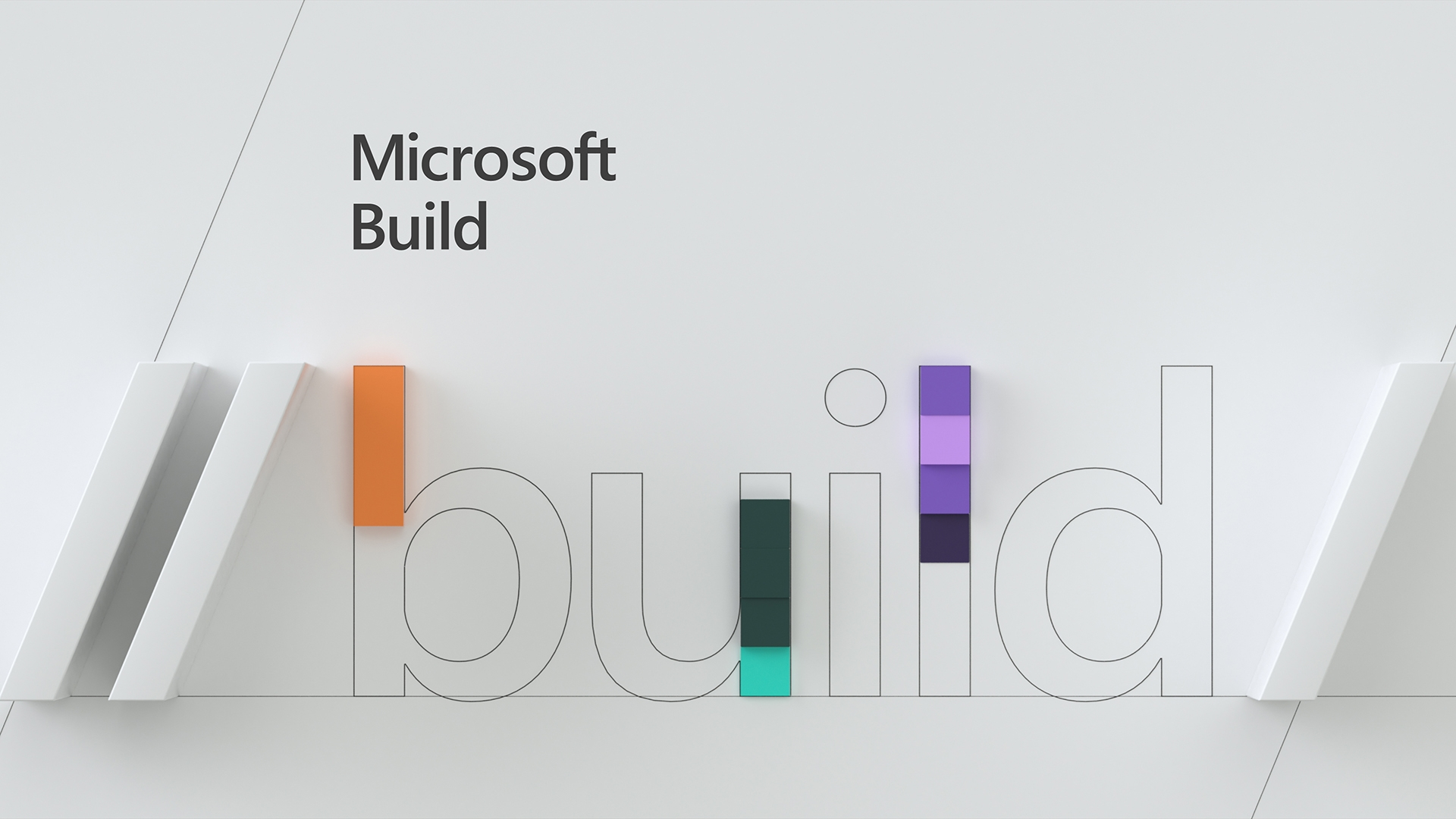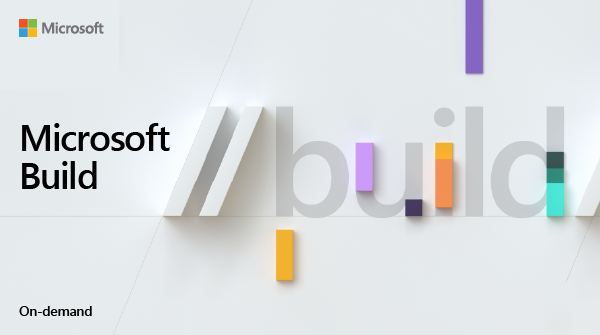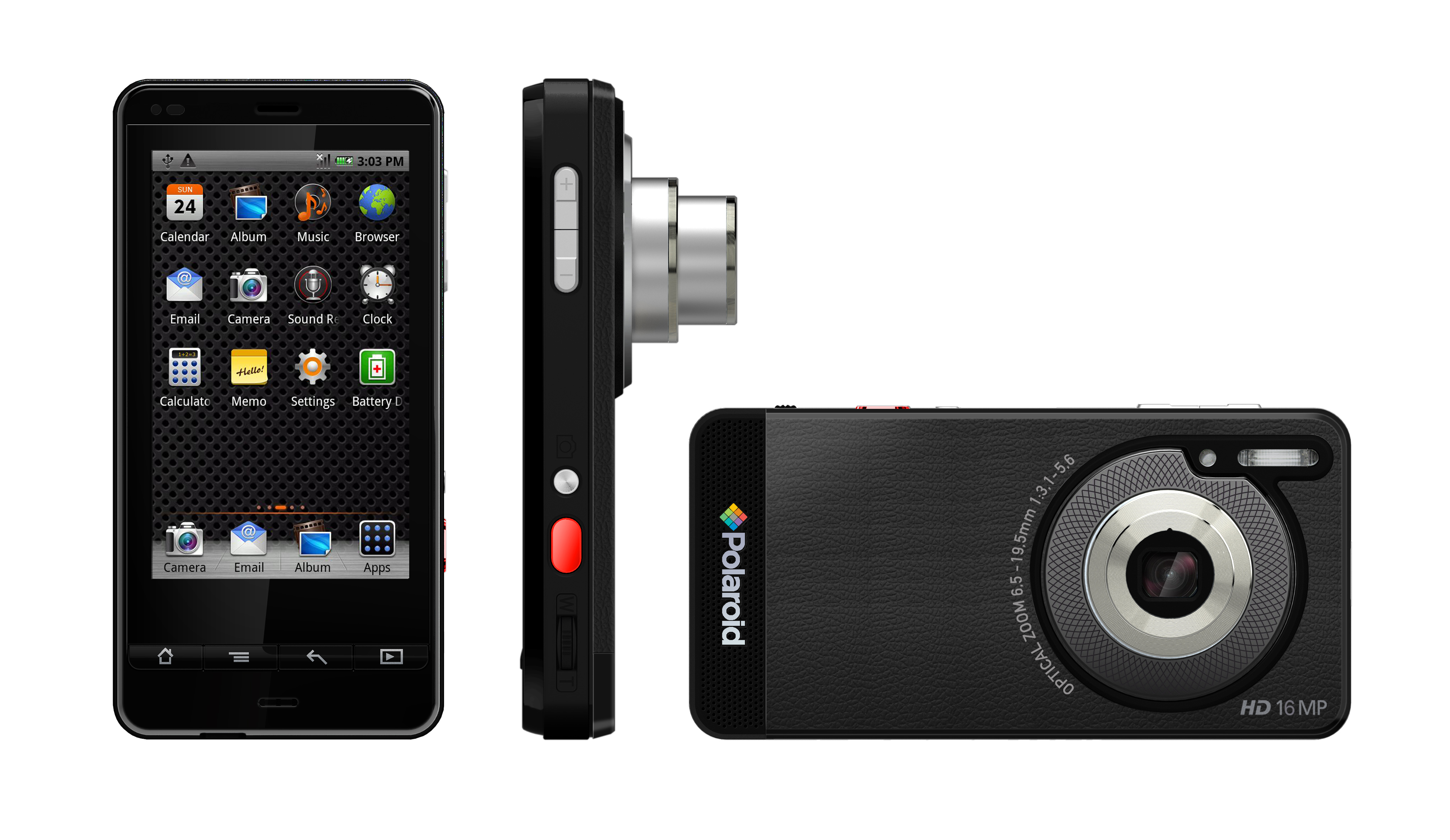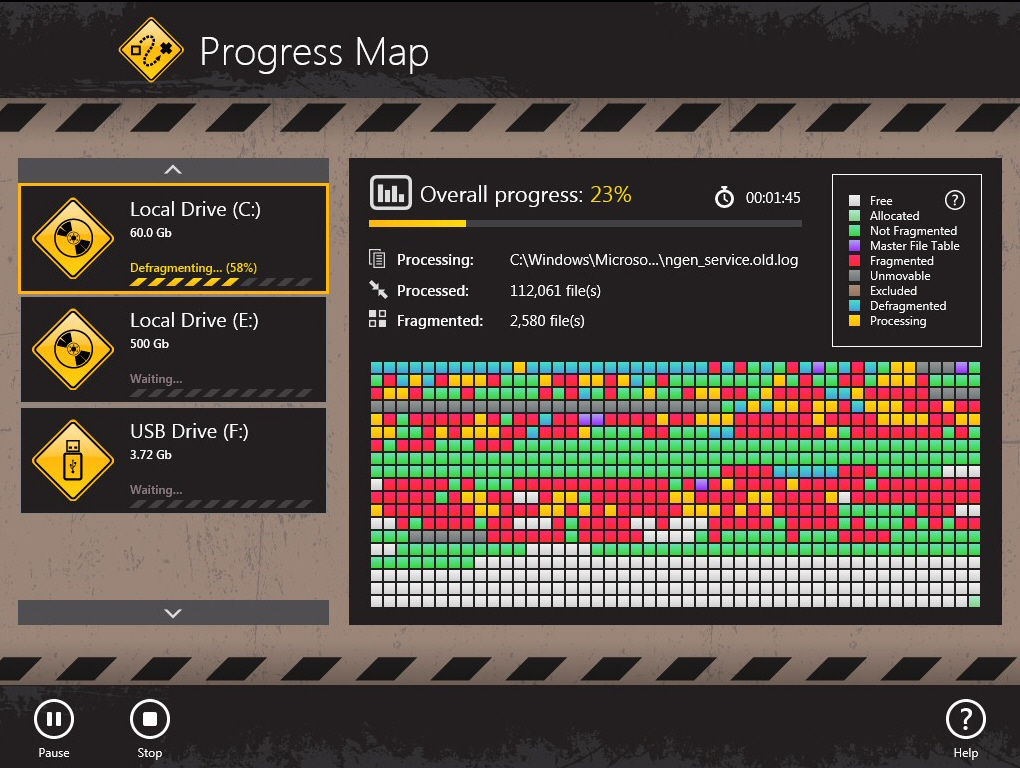Microsoft Build 2019 marked a pivotal moment for technology enthusiasts and developers alike, showcasing the company’s commitment to building a future rooted in trust and ethical AI design. Under the leadership of CEO Satya Nadella, the conference emphasized collective responsibility as a core tenet of their approach, particularly in the realm of artificial intelligence and cloud solutions like Azure Speech Service. Attendees were treated to insights into transformative projects such as the Open Data Initiative, which aims to enhance interoperability between systems and promote ethical usage of data. As Microsoft continues to evolve, it is clear that their design principles prioritize transparency and accountability, making technology not just an asset but a trustworthy partner for developers. The event set the stage for a new era in tech, where trust in technology and responsible innovation are at the forefront of design and development.
The 2019 Microsoft Build conference offered a fresh perspective on the company’s trajectory and its vision for the future of technology. With a strong focus on ethical design and a commitment to responsible AI implementation, the event highlighted important concepts such as collective accountability among developers and organizations. The spotlight was on tools and services designed to empower users, like the Azure Speech Service, which showcases how AI can seamlessly integrate into real-world applications. Additionally, the Open Data Initiative represented Microsoft’s innovative approach to breaking down data silos and enhancing user experience across platforms. This developer gathering signaled a significant shift in how technology can foster trust and collaboration in creating intelligent solutions.
The Importance of Trust in Technology
In today’s rapidly evolving digital landscape, trust in technology has emerged as a central theme, particularly emphasized during Microsoft Build 2019. Satya Nadella, CEO of Microsoft, highlights that establishing trust is foundational to the development and deployment of technological solutions. As artificial intelligence becomes more integrated into everyday life, the requirement for trust becomes even more critical. Users must feel confident in the systems they engage with, knowing that their data is protected and ethical standards are upheld. Thus, creating trustworthy technology resonates deeply with consumers, ultimately influencing brand loyalty and user engagement.
To further solidify this credibility, companies are encouraged to embed ethical considerations into the entire design process. This can involve ensuring transparency, accountability, and fairness in how technology is created and used. For instance, Microsoft’s commitment to building trust is exemplified through initiatives like the Azure Speech Service that prioritize user privacy and data integrity. A transparent approach not only fosters trust but also educates users about the technology, leading them to make informed decisions about their interactions.
Ethical AI Design in the 21st Century
A significant focus on Microsoft Build 2019 was the evolving landscape of ethical AI design. With growing concerns around how AI systems operate and their implications for society, Microsoft has committed to developing AI technologies that align with ethical standards. Nadella often reiterates that the principles of collective responsibility and transparency must guide AI development to ensure it serves humanity’s best interests. This approach acknowledges that the choices made in AI design today will shape societal outcomes tomorrow.
Microsoft’s perspective on ethical AI is not merely about compliance or avoiding litigation; it’s about embracing a broader, more holistic view that prioritizes human values. By integrating ethical considerations into AI systems, the company aims to prevent potential pitfalls such as bias in algorithms and misinformation. This calls for continuous dialogue among developers, policymakers, and the public to co-create systems that respect human dignity and promote inclusion—the backbone to a sustainable digital future.
Collective Responsibility in Technology Development
During Microsoft Build 2019, the notion of collective responsibility resonated as a core principle guiding technological advancements. This idea posits that all stakeholders involved in technology—developers, companies, and users—bear a responsibility to ensure that technology promotes societal good. Microsoft’s initiatives, like the ElectionGuard project, exemplify this collective approach, illustrating how technology can contribute to secure and trustworthy democratic processes.
Collective responsibility also extends to how technology is implemented and its impact on the broader community. With the increasing reliance on cloud platforms such as Azure, developers must consciously integrate ethical considerations and the implications of their products on society. By fostering a culture of accountability, companies can collaboratively address challenges emerging from the technology they create and ensure positive outcomes that resonate across communities.
Harnessing the Azure Speech Service
The Azure Speech Service, showcased at Microsoft Build 2019, exemplifies how cloud technology can transform communication efficiency while underlining the importance of trust. This innovative service includes features that allow accurate transcription of meetings while contextually identifying each participant’s input. Such advancements are crucial in business environments where effective communication can drive collaboration and productivity.
Beyond functionality, the Azure Speech Service represents Microsoft’s commitment to building AI solutions that prioritize user experience and trust. The ability to accurately capture and interpret spoken language not only enhances operational efficiency but also reinforces users’ confidence in Microsoft’s technological offerings. As organizations increasingly embrace AI-driven tools, the Azure Speech Service stands as a benchmark for reliability, illustrating how trust can be built into technical capabilities.
Open Data Initiative: Driving Interoperability
The Open Data Initiative (ODI), introduced by Microsoft at Build 2019, aims to facilitate seamless data integration across different systems, promoting interoperability crucial for modern businesses. By allowing organizations to enhance data outcomes without being confined to a singular system, the ODI encourages innovation and efficiency in decision-making processes. This capacity to correlate insights from various data sources can significantly enhance business strategies and operational effectiveness.
Moreover, the Open Data Initiative promotes a culture of sharing and collaboration, reflecting Microsoft’s commitment to collective responsibility in technology. By prioritizing interoperability, Microsoft enables companies to leverage diverse datasets to generate more informed outcomes. This collaborative spirit aligns with Nadella’s vision of an AI-first future, emphasizing that the future of tech development must harness collective insights to drive impactful solutions for all users.
The Future of AI-driven Personal Assistants
At Microsoft Build 2019, the discussion around AI-driven personal assistants extended to envisioning an open assistant future. Nadella expressed a forward-thinking approach where multiple AI agents can interact seamlessly, mirroring real-life conversations and collaborations. This open, multi-agent framework reflects a departure from traditional one-assistant models, indicating a desire for technology that adapts to user preferences and needs dynamically.
This vision promotes an environment of trust and user empowerment through transparency in how these agents function and collaborate. By allowing users to choose from multiple assistants, Microsoft facilitates a personalized experience aligned with individual user journeys. This approach signifies a major step toward ensuring that technology remains a helpful ally, fostering trust through openness and collaboration.
Empowerment Through Trust and Technology
The theme of empowerment through technology emerged strongly during Microsoft Build 2019, with a clear emphasis on how trust plays a pivotal role in this dynamic. Microsoft’s founding vision of placing a computer on every desk and in every home has evolved to mean empowering every individual with access to reliable and ethical technology. Through initiatives that prioritize user trust, companies can enable users to harness technological advancements effectively.
Empowerment is not just about access; it involves ensuring that users feel secure and supported in their interactions with technology. This is why Microsoft’s emphasis on trust—integrated into every product and service—is vital. By cultivating an environment where users can depend on products like Azure and Office 365 to respect their privacy, Microsoft enhances user confidence and promotes a proactive engagement with technology, paving the way for a more inclusive digital society.
The Evolution of Product Design Ethics
Microsoft Build 2019 highlighted a shift towards integrating ethical considerations into every aspect of product design. Nadella’s repeated emphasis on trust and collective responsibility underscores a broader recognition that technology must serve ethical goals alongside functional ones. This is a critical evolution in a market where consumers are increasingly aware of the implications of technology on their lives, compelling companies to act responsibly.
Product design ethics now include considerations of how technology impacts users’ lives, extending beyond mere usability to encompass factors such as data privacy and algorithmic fairness. As witnessed in the design principles guiding technologies like Azure, the foundation of ethical product development lies in actively considering user welfare while fostering innovation. This balanced focus enables companies to create products that genuinely enhance lives while adhering to a responsible framework.
Microsoft vs Google: Diverging Approaches to AI
With the onset of Microsoft Build 2019, comparisons between Microsoft’s and Google’s approaches to AI development inevitably surfaced. While both tech giants are at the forefront of technological innovation, their philosophies diverge significantly—Microsoft’s strategy prioritizes trust, collective responsibility, and ethical design, while Google emphasizes scalability and extensive data utilization. This fundamental difference shapes how each company engages with the market and its users.
As Microsoft gears toward transparent and ethical AI solutions, Google’s methodologies encompass broader scopes that sometimes prioritize rapid growth over user-centric ethics. This strategic contrast becomes a talking point across tech communities, illustrating that technology’s future will likely be influenced by these differing ethical frameworks. Each approach will shape not only consumer expectations but also industry standards, ultimately defining the trajectory of AI development in the future.
Frequently Asked Questions
What was the key focus on trust in technology during Microsoft Build 2019?
At Microsoft Build 2019, trust in technology was emphasized as a foundational design principle by CEO Satya Nadella. He advocated for integrating trust into the core design processes of technology, especially as artificial intelligence becomes more prevalent. This commitment highlights Microsoft’s dedication to ensuring technology enhances user lives while maintaining ethical standards.
How does Microsoft Build 2019 address ethical AI design?
Microsoft Build 2019 presented ethical AI design as a critical focus. Nadella discussed the importance of collective responsibility and transparency in developing AI systems. This aligns with the company’s commitment to ethical principles that shape product design, ensuring that AI technologies are safe, reliable, and beneficial for users.
What role does collective responsibility play in the announcements at Microsoft Build 2019?
Collective responsibility was a recurring theme at Microsoft Build 2019, particularly in the context of Microsoft’s initiatives like ElectionGuard, which aims to facilitate secure and verifiable voting processes. This highlights the company’s proactive approach to ensuring the technology they develop is trustworthy and empowers users.
Can you explain the significance of the Azure Speech Service introduced at Microsoft Build 2019?
The Azure Speech Service showcased at Microsoft Build 2019 is significant for its ability to accurately transcribe conversations while identifying individual speakers. This feature emphasizes Microsoft’s commitment to trust and reliability in its cloud services and demonstrates how technology can enhance communication and collaboration.
What is the Open Data Initiative announced during Microsoft Build 2019?
The Open Data Initiative (ODI) launched at Microsoft Build 2019 aims to enable data interoperability across different systems. By allowing data to flow freely between platforms, the ODI enhances AI capabilities and overall outcomes, aligning with Microsoft’s vision of an AI-first approach that promotes empowerment and innovation.
How did Microsoft Build 2019 illustrate the importance of empowerment in technology?
During Microsoft Build 2019, empowerment was highlighted as a core principle driving Microsoft’s offerings. Through initiatives like the Azure Speech Service and the Open Data Initiative, Microsoft seeks to empower developers and users alike to leverage technology that is trust-enhanced, ethical, and supportive of collaborative and innovative efforts.
What new features were announced for Windows at Microsoft Build 2019?
Microsoft Build 2019 introduced several key features for Windows, including the Internet Explorer mode for Edge to improve enterprise compatibility and the Windows Subsystem for Linux 2 (WSL 2), which enhances support for developers using Linux. These updates underscore Microsoft’s ongoing commitment to improving user experience and developer productivity.
| Key Points | Details |
|---|---|
| Microsoft Build 2019 Overview | The event showcased the company’s focus on Trust, Collective Responsibility, and Empowerment. |
| Trust as a Design Principle | Satya Nadella emphasized integrating trust into every product and the overall technology developed. |
| Collective Responsibility | Introduced ElectionGuard for secure voting as part of the Defending Democracy Program. |
| AI and Open Data Initiative | Nadella discussed breaking data silos to enhance AI capabilities and improve outcomes across systems. |
| Demonstrations at Keynote | Showcased Azure Speech Service transcribing meetings accurately and identifying speakers. |
| Microsoft vs Google | Build 2019 highlights differences in approaches to AI between Microsoft and Google. |
Summary
Microsoft Build 2019 marked a pivotal moment as the company reiterated its commitment to ethical principles like trust and collective responsibility. With significant innovations such as the Azure Speech Service and ElectionGuard for secure voting, Microsoft showcased its vision for an empowered future driven by AI and inclusive technology. By ensuring that trust is at the core of their product design, Microsoft is not merely adapting to change but leading the way forward as developers engage with their cloud platforms. This foundation sets the stage for a broader, more ethical impact in the tech space.



